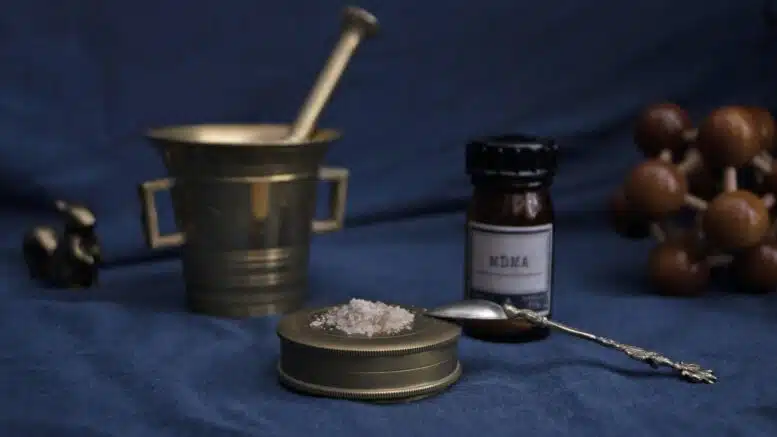Suppose a patient cannot take a mass-produced drug or needs a medication that has been discontinued. In that case, a compounding pharmacist can recreate the medication from base drugs. Some patients do not respond well to commercially-available medications, need it in an alternative form, or need a more precise dosage.
A compounding pharmacy can help these patients by hand-formulating and customizing their medication.
Before the Food and Drug Administration (FDA), all medication was hand-formulated by apothecaries – now known as compounding pharmacists. When mass-producing pharmaceuticals became the norm, pharmacists were relegated to a less hands-on role as drug dispensers in retail pharmacies – but compounding pharmacies still exist today.
Read on to discover five ways a compounding pharmacy can help you.
1. Medication is Easier to Use
Some medications are difficult for patients to use due to their unpleasant flavor, especially when the patient is someone who might refuse bitter-tasting medicines, like a young child or a pet.
A compounding pharmacist can formulate a chemically-identical medication with a customized flavor of the patient’s choice. Compounding pharmacists also formulate precise dosages for the patient’s height, weight, and gender.
2. Access to Discontinued Medications
When large pharmaceutical manufacturers stop producing a drug, the patients who still need these medications cannot fill their prescriptions.
Compounding pharmacists can recreate any discontinued medications from base ingredients – meaning that patients who require certain discontinued medications can continue to use them. Modern compounding pharmacies have access to the latest research and highest-quality base drugs. By using a strict quality control process, compounding pharmacies can ensure patients have access to their critical medications and meet their unique needs.
3. Alternative Dosage Forms
Some patients may need their medication to come in a different dosage form than what is commercially available. For instance, if a patient has difficulty swallowing pills, they may need to get their prescription in a different form – such as a liquid.
A compounding pharmacist can also compound some medications into the form of topical cream or ointment, which bypasses the digestive tract and gets absorbed directly into the bloodstream via the skin. Compounding allows medicines to be formulated in various forms and exact dosages to meet an individual’s needs.

4. Allergy-Friendly Medication
Sensitivities, intolerances, and allergies to alcohol, gluten, dye, or lactose can trigger adverse reactions in certain patients when they are present in their medication. Mass-produced pharmaceuticals may also contain preservatives and other ingredients that trigger a negative response.
Compounding pharmacists can formulate medications that do not contain allergy-inducing ingredients, ensuring the patient can still use the appropriate medication.
5. Access to Unique and Personalized Services
At compounding pharmacies, identifying and meeting patients’ individual needs is the top priority. Compounding pharmacists can use their extensive drug knowledge to provide a better experience.
For instance, a compounding pharmacist can work with a patient experiencing unwanted side effects and answer any questions about the medication and its mode of action.
Compounding pharmacies can offer a more personalized experience by working with the prescriber and patient to develop a customized treatment plan. Compounding pharmacies also have a higher chance of helping patients with persistent, unusual conditions or in areas where traditional pharmaceuticals have failed.
